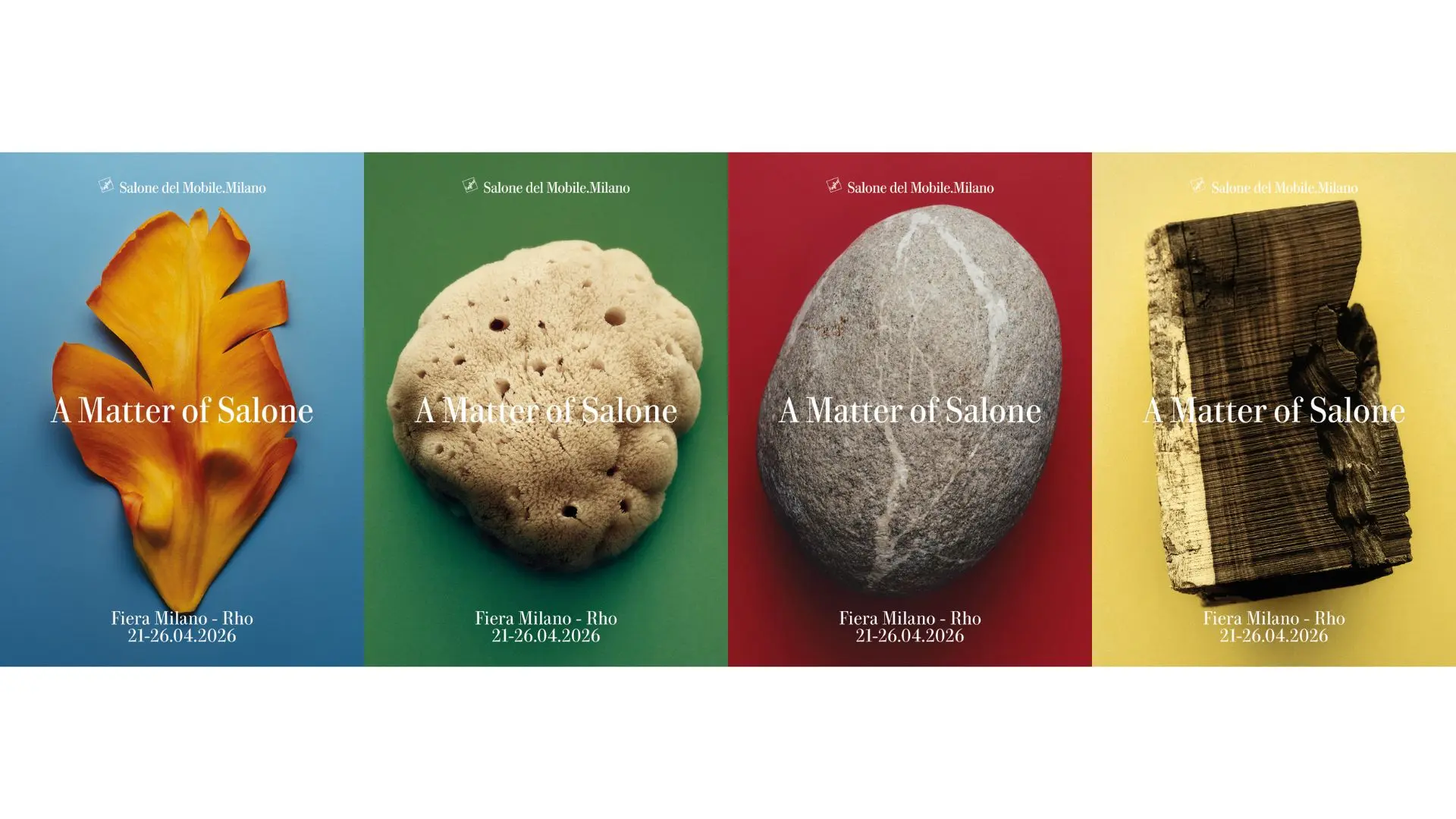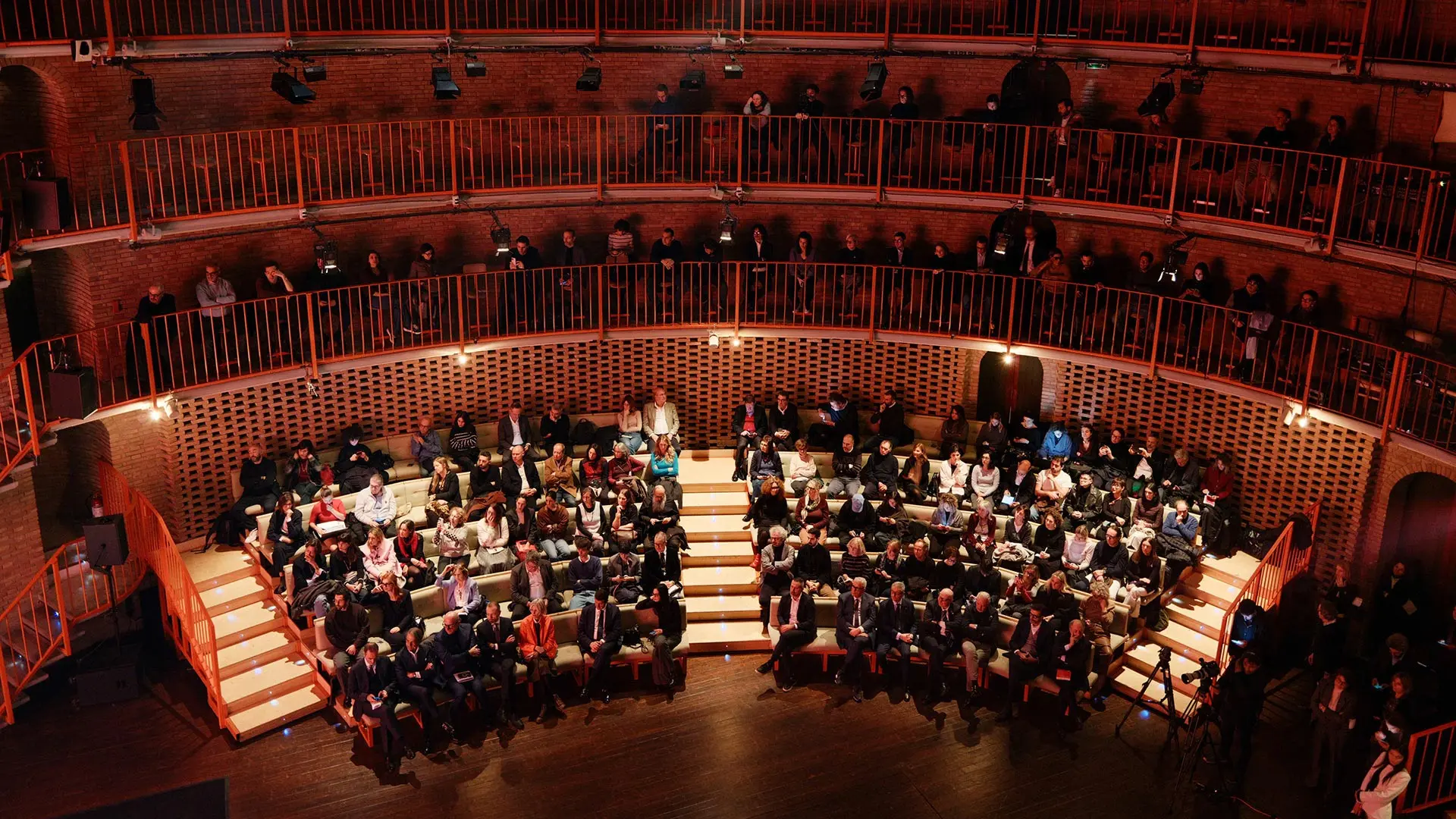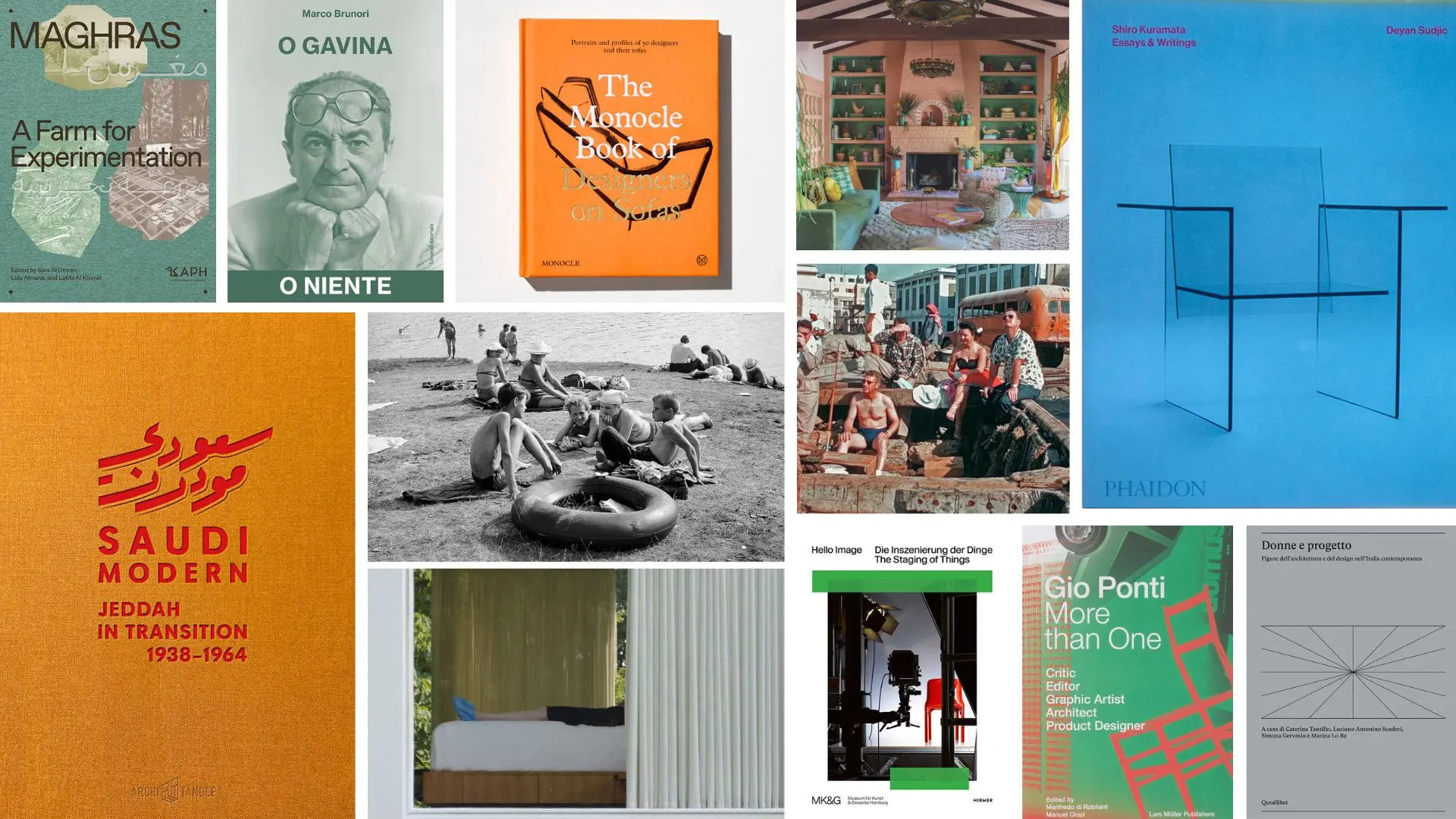From a reflection on humans to matter as meaning: the new Salone communication campaign explores the physical and symbolic origins of design, a visual narration made up of different perspectives, united by a common idea of transformation and genesis
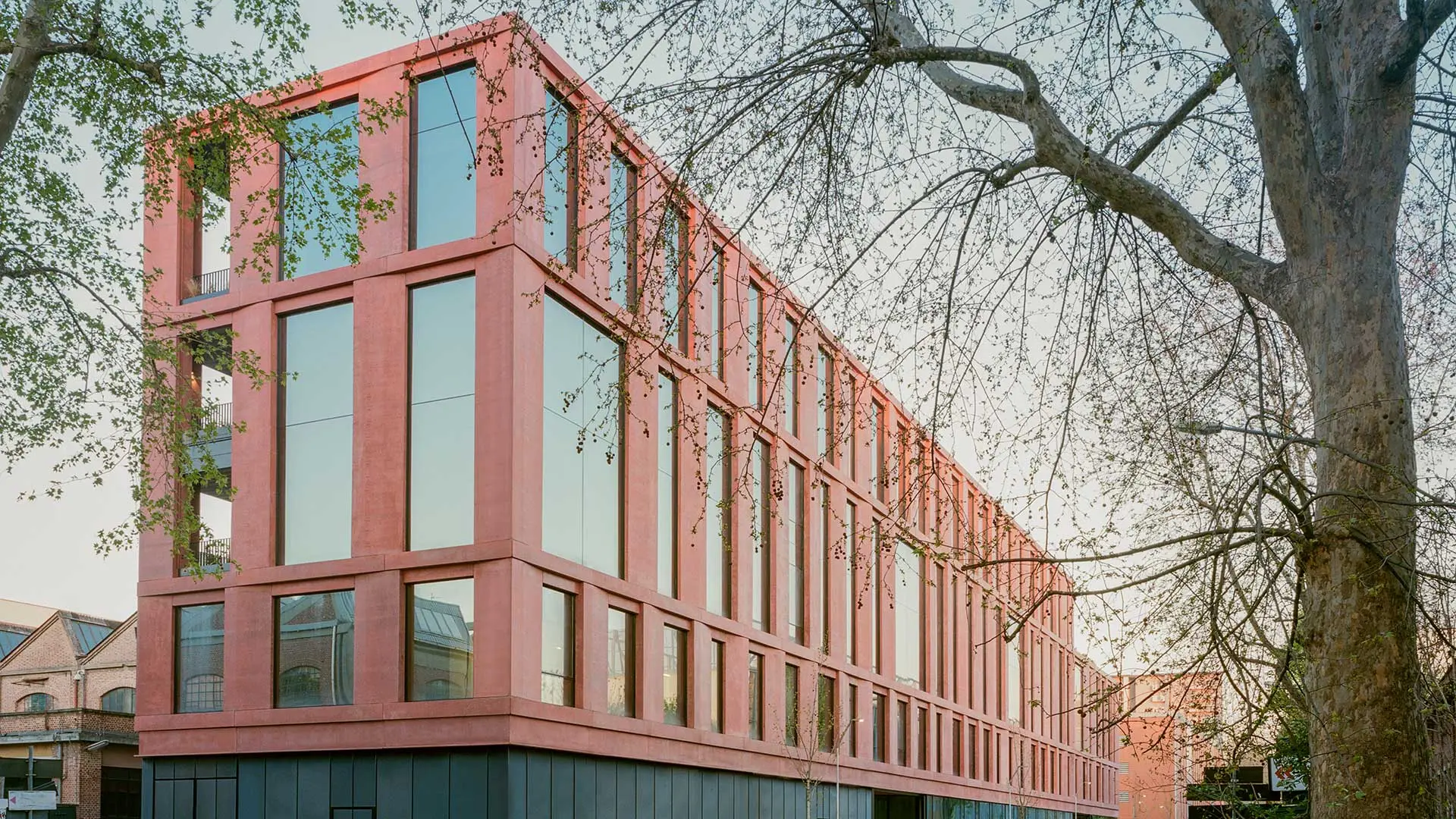
Open 336, Park Associati, ph. Lorenzo Zandri
With Milan-based architecture firm Park Associati kicks off a new column that gives voice to the most important and prestigious international architecture firms.
Park Associati’s design ethos is founded on three values that represent the way in which we approach our projects: listening, insight and experimentation.
By actively involving all the actors taking part in the project and a unique understanding of their objectives, we turn abstract ideas into tangible architecture. By listening, we build a horizontal system of values geared to putting human beings at the centre of the project. Our work in the residential, commercial, landscape and urban design fields is testament to our ability to combine aesthetics, functionality and environmental sustainability. From iconic buildings to intimate spaces, each finished project reflects our meticulous attention to detail and thorough understanding of the surrounding environment.
Insight brings quality to our design interventions, alongside the analytic process, and synthesises complexity with original and high value solutions. The vision demanded by our craft brings with it fascinating challenges bound up with the quest for bespoke and timeless solutions capable of responding to the issues of today whilst remaining open to those of tomorrow.
Our approach has always been underpinned by typological, formal and linguistic research. In a reality characterised by increasingly complex dynamics, the tools we have chosen to develop our work are transversality and experimentation. Today Park Associati is a fully BIM practice, open to the use of computational design and capable of coming up with answers aligned with the new frontiers of design, crafting hybrid environments in which habitative wellbeing and the need for socialisation meld with the need for efficiency and flexibility.
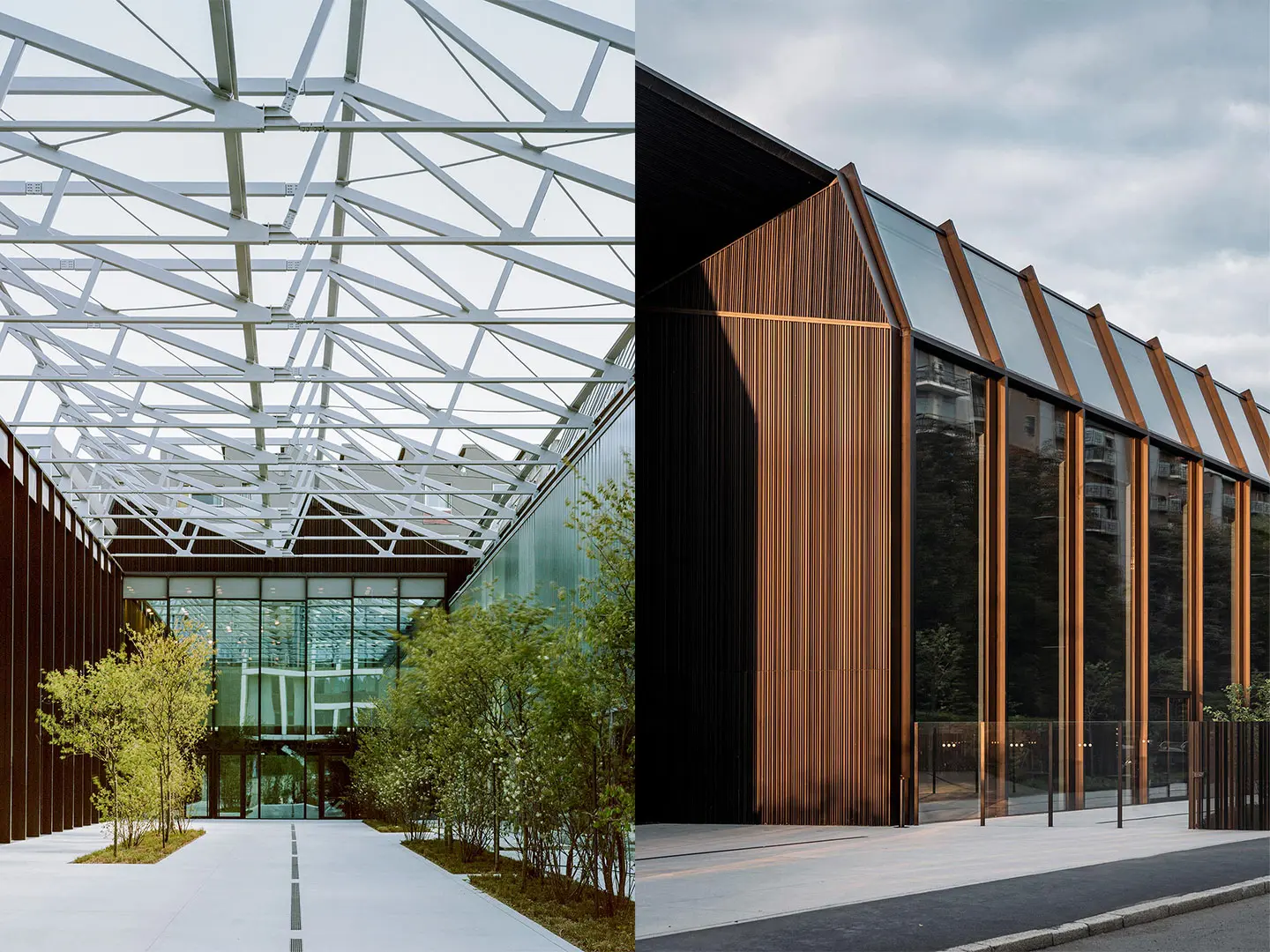
Luxottica Digital Factory, Park Associati, ph Lorenzo Zandri, Nicola Colella
Urban regeneration
In large cities the main theme in contemporary architecture is urban regeneration, reusing and rehabilitating obsolete buildings, and revitalising vacant urban spaces by means of reclamation work to infrastructures and services geared to curbing land consumption and environmental sustainability. Regenerating means enabling communities to take back and breathe new life into spaces that have fallen into disuse, with obvious improvements at social, economic and environmental level. Rethinking buildings or elements of the built environment that are then put back onto the market brings with it huge responsibility because they presuppose a sharp decrease in environmental impact.
We have frequently tackled the themes of urban regeneration and the retrofitting of historic buildings. We were responsible for restyling the La Serenissima and Gioiaotto office buildings (the latter designed by Zanuso), the conservation works in Piazza Cordusio and Via Brisa (designed by Piero Portaluppi), and the entire redesign of the Headquarters of Engie and of Il Sole24 Ore. The latter two consisted of hard retrofitting projects, in which the existing buildings were stripped back to their basic structures and redesigned, in a bid to tailor them to current demands and meet contemporary energy efficiency standards.
In some cities, and Milan is one such, abandoned industrial areas provide an extraordinary opportunity for experimenting with forms of settlement and more sustainable building methods. The intensification of rehabilitating empty urban spaces not only allows for more human-centric and environmentally-friendly urban morphologies but should also be seen as an opportunity to promote social regeneration processes.
The Luxottica Digital Factory rehabilitation project that was completed last year, for instance, which involved reconfiguring the pre-existing 20th century General Electric building complex in Via Tortona in Milan, has generated a place where history, change and creativity find ideal ground for dialogue.
The rehabilitation of the complex as a whole was geared to bestowing a new identity on a building strongly characterised by the old manufacturing footprint and has helped to revitalise the entire industrial district, now well-established as an area of great interest in the urban and social fabric. The intervention has seen the entire complex transformed from a productive hub to a creative one.
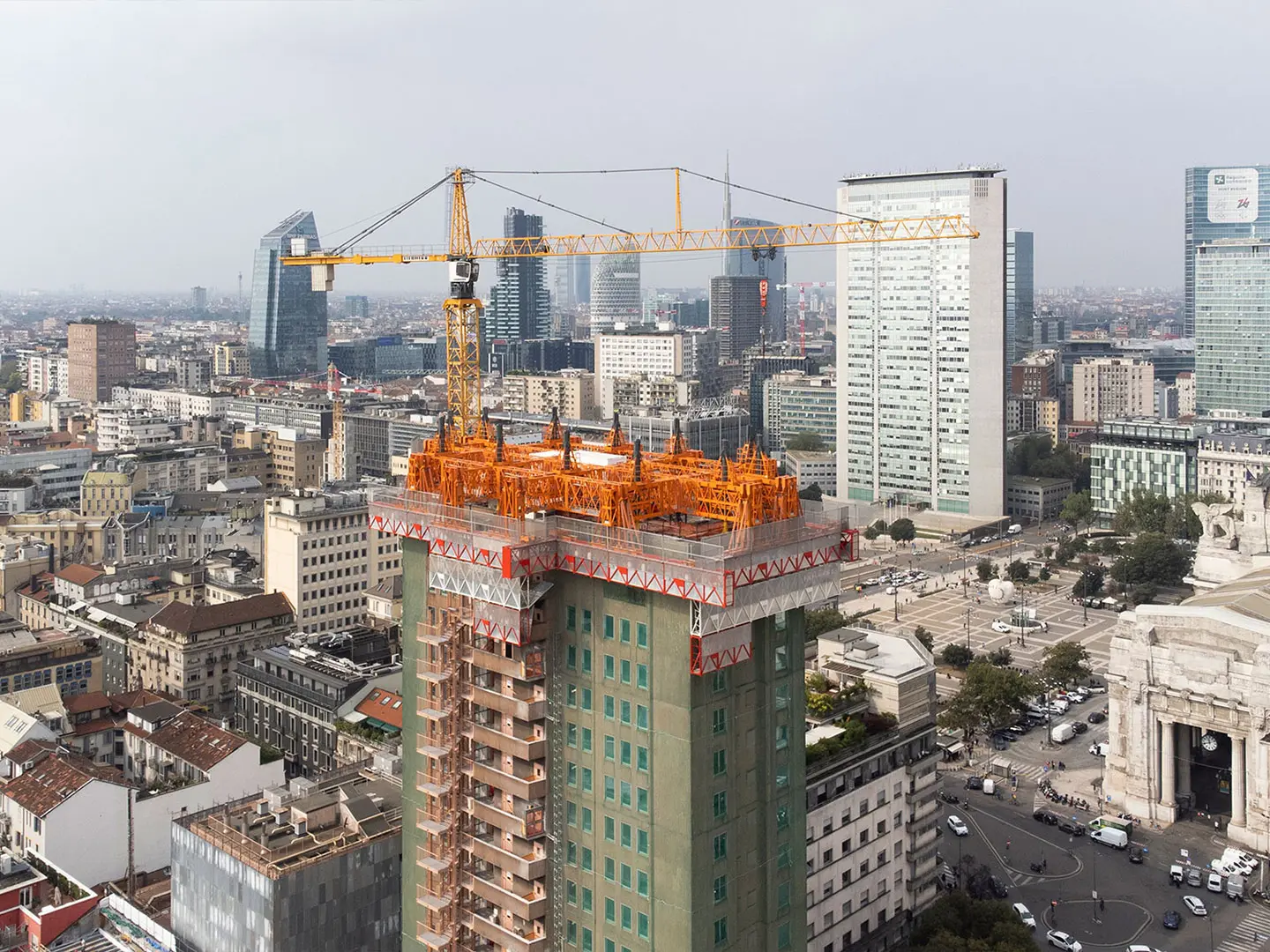
MI.C, work in progress, Park Associati, ph. Nicola Colella
Beyond Sustainability
Three decades have passed since the official definition of sustainability was issued: “improving the quality of human life while living within the carrying capacity of supporting ecosystems” (UNEP – 1991). Over the years, the concept has taken on a role of primary importance in cross-cutting areas that are fundamental for the permanence of human beings on this planet.
Nowadays, the term “sustainability” is in crisis, as a collection of concepts that feature on every international agenda, but which struggle to chime with the original meaning, cited above. Development and growth are not, in fact, two superimposable terms, despite the fact that they are easily interchanged. The climate crisis is not an environmental crisis – it is the culmination of antiquated technology (fossil fuels) and a linear development model (take-make-use-disposal). Cutting carbon emissions and adopting “green” technologies is no longer sufficient – we need to embrace a broader perspective that systemises the functioning of human society, the inevitable proliferation of anthropised environments and the safeguarding of what remains of the biosphere.
Moving towards new environmental responsibility demands immediate actions and a holistic approach capable of pooling the interactions, the interferences, the effects and the feedback between the economic, political cultural fields that also impact architecture. Designing and building in accordance with recent legislation is not enough – we also need to have the courage to bring in strategies for mitigating greenhouses gasses and adaptation systems. From this perspective, every single project represents an opportunity to conceive a world in which the balance between human life and the biosphere is re-established. It is only through the desire for innovation and the quest for excellence that architects can contribute to future-proofing human society.
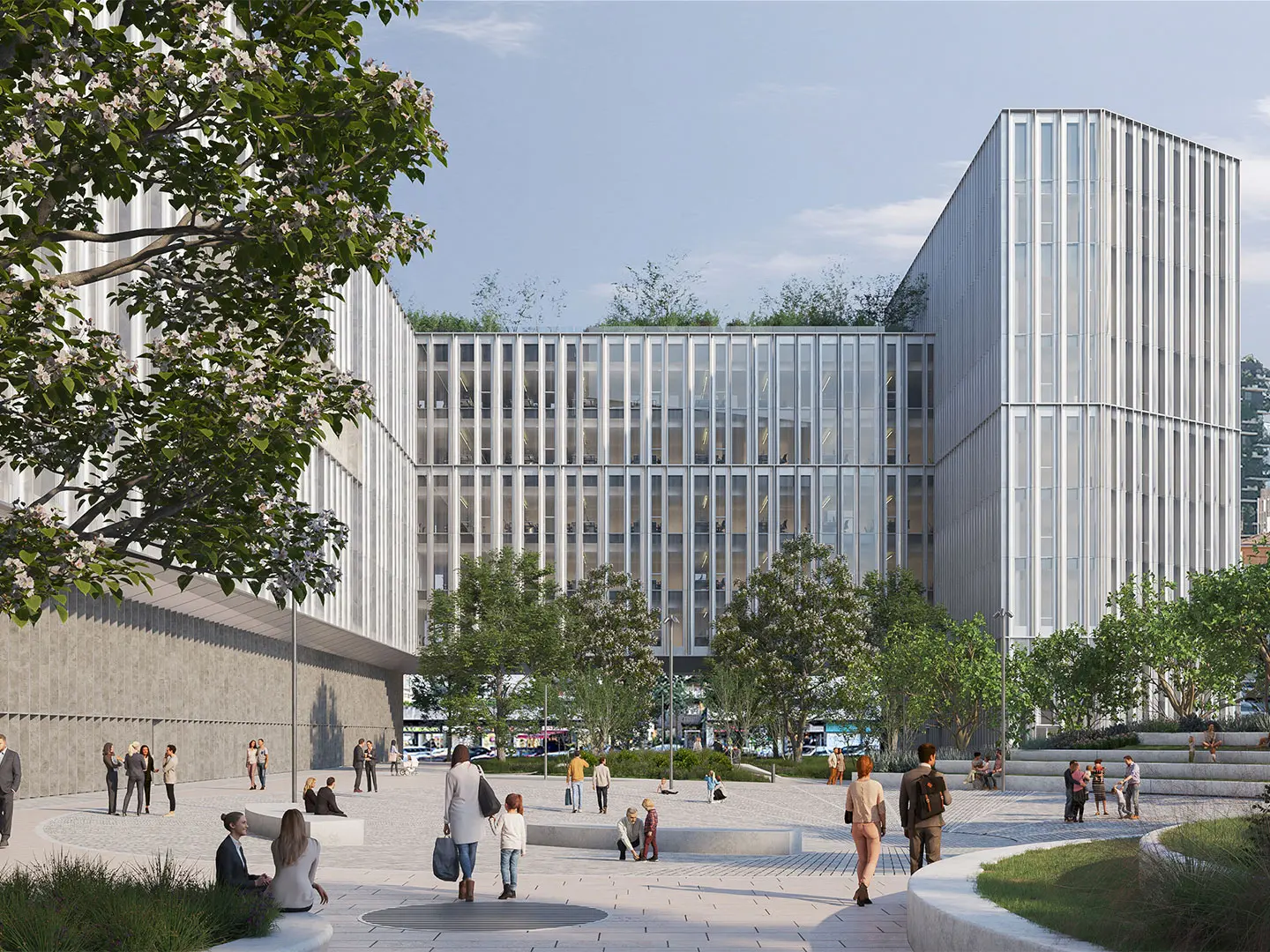
Palazzo Sistema, work in progress, Park Associati
New Perspectives
The role of architects must – and must increasingly – encompass broad and crosscutting skills, and take advantage of the collaboration of professionals operating in multiple fields but sharing a common global vision. We will have to deal with social, scientific and environmental issues, taking a broad-based approach that looks beyond the confines of each single project, be it for a building or an entire city. In fact, it is not just the buildings but also the cities in which they are located that need to be redesigned in order to be able to tackle ongoing global challenges, climate change and social evolution.
In the spirit of the Renaissance architects but by working as a team, professional architects will need to be underpinned by a team of experts capable of coordinating the complexity of projects with the support of sophisticated technological innovations that will inevitably prove to be a fundamental resource for efficient management of the enormous amount of information that will circulate. Research is at the heart of the evolution of the architect's role: the search for new methods, new technologies, new resources, new functions and new materials. The Park Plus research group focuses its activities precisely in this direction, in order to support the design teams in implementing their strategic thinking and attitude towards innovation. Recent Pus activities have put the spotlight on a number of issues such as urban mining (recovering and reusing demolition waste for new buildings) and dry gardens (designed for Mediterranean-type planting in order to preserve water resources), as in two major projects for the practice: the demolition and reconstruction of the Hotel Michelangelo near the Central Station (progetto M.IC) and the construction of Palazzo Sistema, the new headquarters of the Lombard Region, both in Milan.
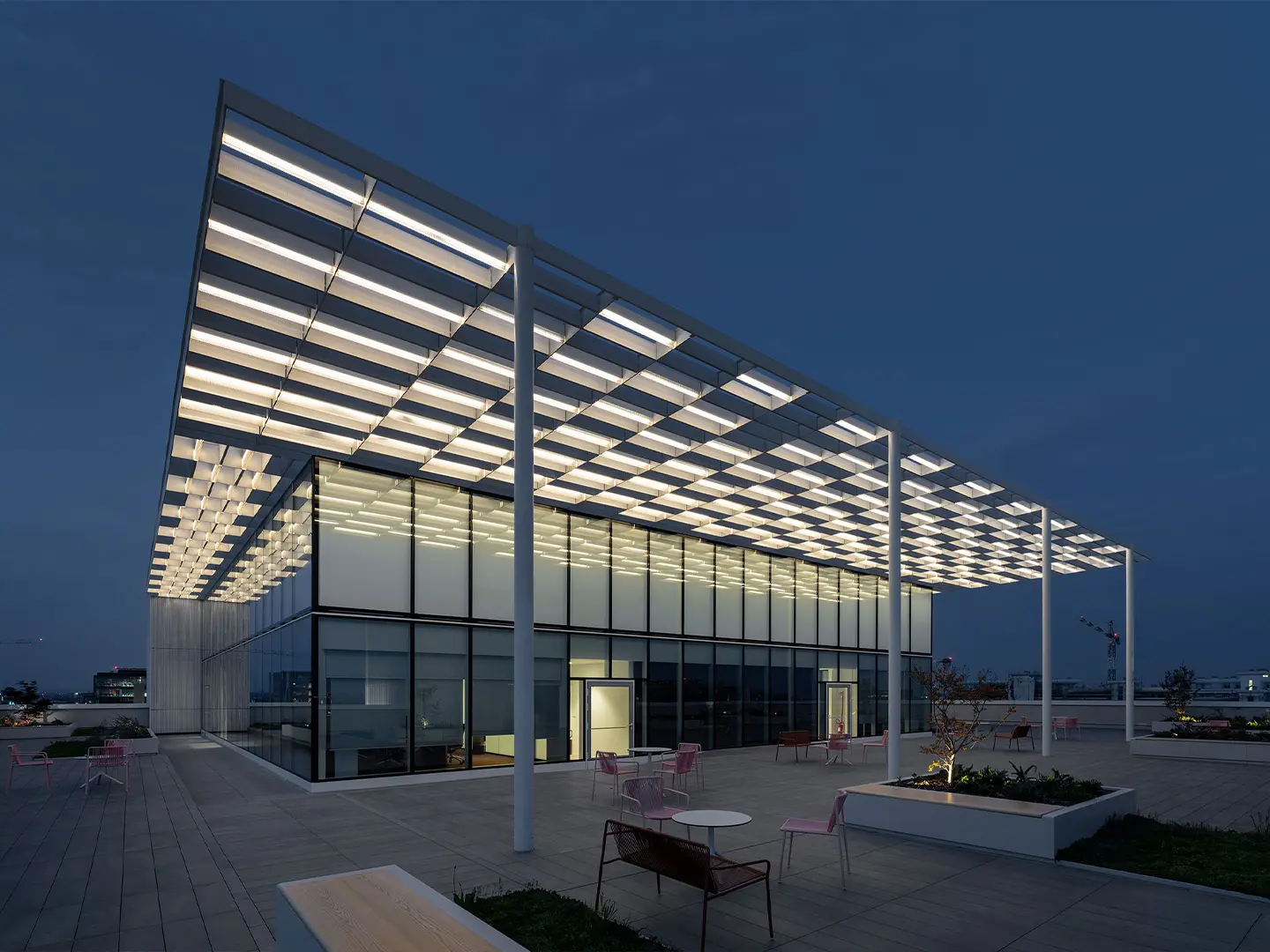
Il Sole 24 Ore, Park Associati, ph. Andrea Martiradonna


 Stories
Stories




